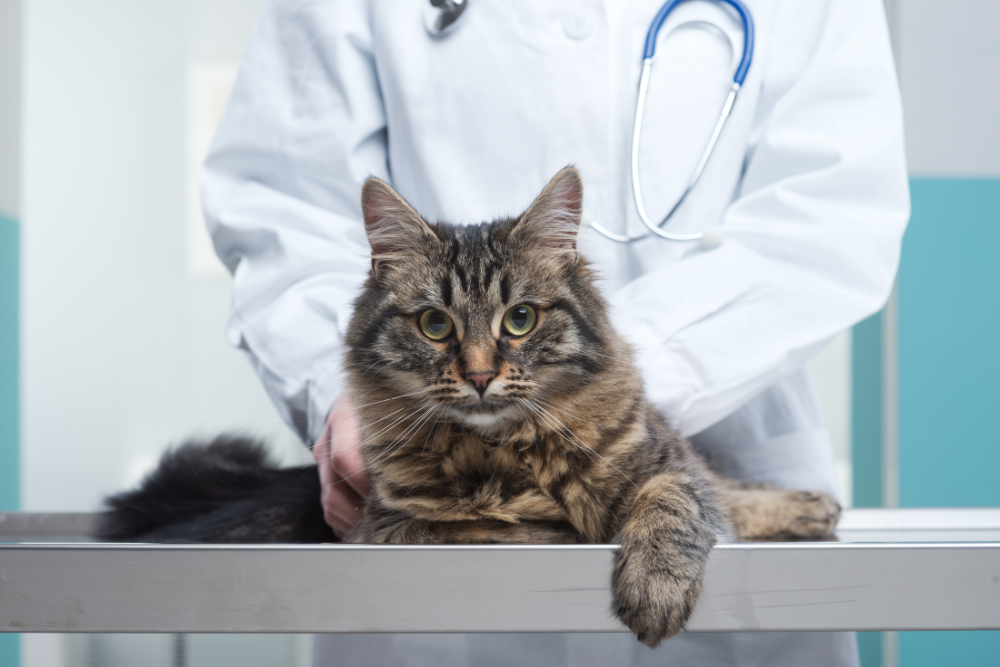Pet Diagnostic Care
Our expert pet diagnostic care services at Pinecrest Animal Hospital ensure that we identify the underlying issues accurately and efficiently.
The Importance of Pet Diagnostic Care
When your pet is sick or injured, they cannot tell us what is wrong. Pet diagnostic care involves a series of tests and evaluations that help us understand the root cause of your pet’s health problems. By utilizing advanced diagnostic tools and techniques, we can pinpoint the exact nature of the issue and create a tailored treatment plan that addresses your pet’s specific needs.
Our comprehensive diagnostic approach allows us to provide targeted and effective treatments to get your pet back to health as quickly as possible.
Key Services at Pinecrest Animal Hospital
- Comprehensive Physical Examinations: A thorough physical examination is the first step in diagnosing any health issue. During this exam, our veterinarians will review your pet’s medical history and any symptoms you have observed at home. This initial assessment provides valuable information that guides the next steps in the diagnostic process.
- Baseline Blood Counts and Organ Function Tests: Laboratory testing is crucial for assessing your pet’s overall health. We collect blood and urine samples to evaluate baseline blood counts and organ function. These tests can reveal infections, organ dysfunction, and other underlying conditions.
- Point-of-Care Testing: We can perform numerous tests on-site, allowing us to provide immediate results and make timely treatment recommendations. Point-of-care testing is especially beneficial in urgent situations where quick decision-making is necessary.
- Reference Lab Testing: In some cases, lab samples need to be sent to off-site reference laboratories for more specialized testing. This may occur when the required test cannot be performed in-house or when results are not needed urgently.
X-rays and Ultrasound
Imaging techniques like X-rays and ultrasound provide detailed views of your pet’s internal structures. These tools help diagnose conditions such as heart and lung issues, gastrointestinal obstructions, tumors, fluid accumulation, urinary stones, and bone or joint disorders. While gentle restraint is usually sufficient, sedation may be necessary for some patients to ensure accurate imaging.
Microscopy
Microscopy is essential for evaluating lab samples such as ear swabs, skin impressions, scrapes, and needle biopsies of tumors. This diagnostic method is particularly useful for diagnosing dermatologic and ear conditions, enabling us to determine the most effective treatment options.
Ocular Evaluations (Tear Production Tests, Corneal Injury Tests, Tonometry)
Ocular conditions require specialized diagnostic tests. The Schirmer Tear Test assesses tear production, while the fluorescein stain test helps identify corneal injuries. Additionally, we use tonometry to measure intraocular pressure and diagnose conditions like glaucoma.

